No products in the cart.
Rare and Crucial Wines
26 de October de 2022
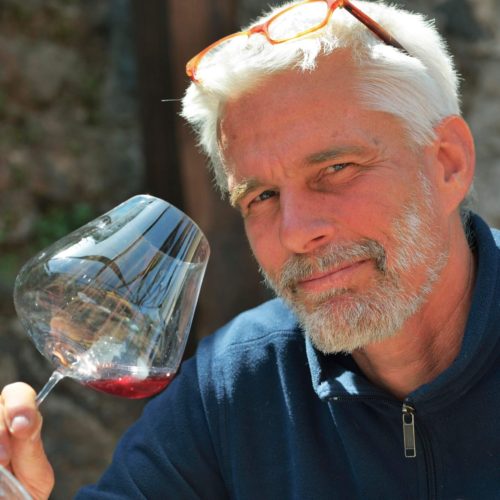
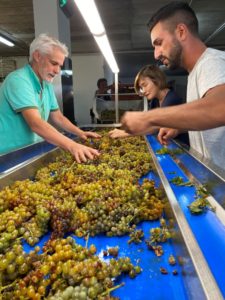
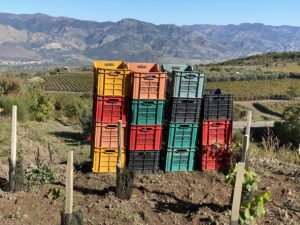
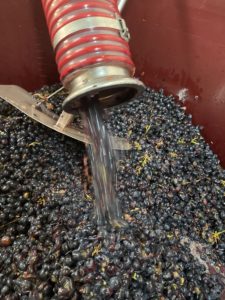
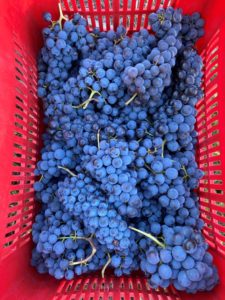
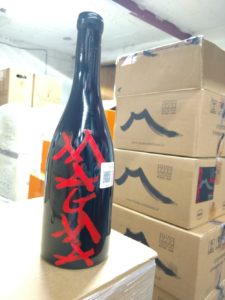
Last week Gonzalo and I uncorked two very special bottles (actually three, but more about the third in another moment; it merits its own dedicated discussion) to accompany a simple but beautiful dinner of wild mushroom risotto. We drank a bottle each of Frank Cornelissen's Munjebel Rosso Campo Re 2017 and Vigne Alte 2017. What wines! Sturdy of tannin, tart red fruit, fresh acidity, and intriguing minerality from the volcanic soils of Mount Etna. The wines shared so much, but also very much expressed themselves as distinct entities. The Campo Re was spicier, earthier, and more muscular. Gonzalo detected notes of Ras el Hanout. While the Vigne Alte was more ethereal, leaning into brooding fruit. It was both a hedonistic and intellectual exercise to drink these two wines side by side.
For those of you who love Burgundy, you may be intrigued to learn that Mount Etna has a system of contrade, 133 named vineyard sites that are delineated based upon their unique characteristics. Etna is very distinct from other parts of Sicily in terms of altitude, precipitation, diurnal shift, and a cool average annual temperature. All of these factors result in more “northerly” wines, marked by finesse and balance. Indeed, Etna is sometimes called the Burgundy of the south. The reds are Nerello Mascalese-based, and the whites carricante-based.
Frank Cornelissen, a mountaineer and wine merchant, became interested in making wine that reminded him of “liquid stone.” He arrived in Mount Etna in 2001, several years before it became the fashionable winemaking destination that it is today. He was attracted to the high elevation, extremely old vines (in some vineyards approaching or exceeding 100 years and ungrafted, thanks to the volcanic soils that were inhospitable to phylloxera) and singular terroir - the combination of which translated to the potential to make very high quality wines worthy of aging. Today Etna is regarded as one of the highest potential winemaking locales in Italy and beyond.
Frank brings a sensibility of extreme non-intervention to his vineyard and cellar practices. He writes: “Our farming philosophy is based on our acceptance of the fact that man will never be able to understand nature’s full complexity and interactions. We, therefore, choose to concentrate on observing and learning the movements of Mother Earth in her various energetic and cosmic passages and prefer to follow her indications as to what to do, instead of deciding and imposing ourselves. Consequently, this has taken us to possibly avoiding all treatments on the land we cultivate, whether homeopathic, organic or biodynamic. Accepting and following nature is our guideline as the divine ability to understand the ‘Whole’ was obviously not given to man as we are only a part of this complex and not God himself.”
This reverence for the earth and zeal for quality have enabled Frank to make some of the most exciting wines available. He is a bonafide darling of the natural wine movement. Global demand far outstrips the supply of his wines, which sell out every year. We are honored to receive a small allocation of his special wines for the Mexican market. Below you can read more about his seven Munjebel Rosso contrade wines, including his gran vin, Magma. The name munjebel arises from the local habit of referring to Etna as “the mountain,” combining the Sicilian dialect, muntagna, with Arabic, jebel. After all, Arabs had a nearly 200-year controlling presence on the island of Sicily starting in the 9th Century. The 2017 vintage is considered a great one in Etna - a dry growing season with impeccable fruit, excellent concentration, and considerable aging potential. All 2017 Munjebel Rosso contrade wines are presently available for purchase, but quantities are limited.
We recently received a new shipment of Frank´s wines, including Susucaru Rosato 2021, Munjebel Bianco 2020, and magnums. These wines will be available shortly. To pre-order, please email or WA us.
